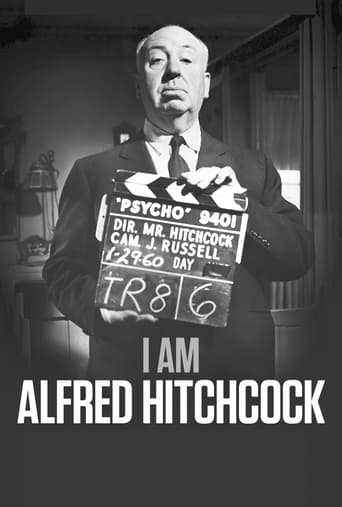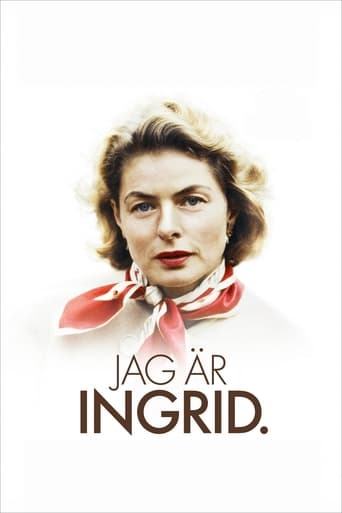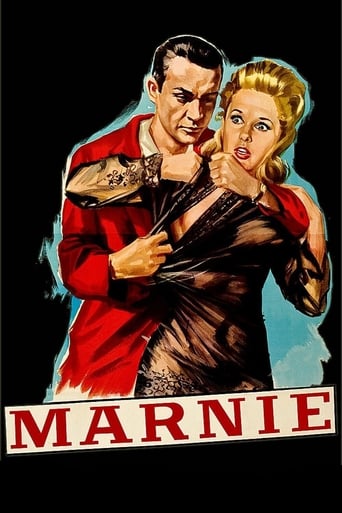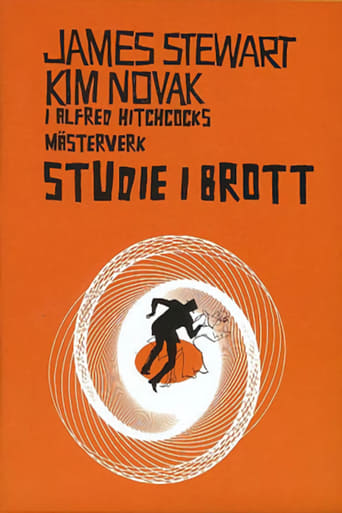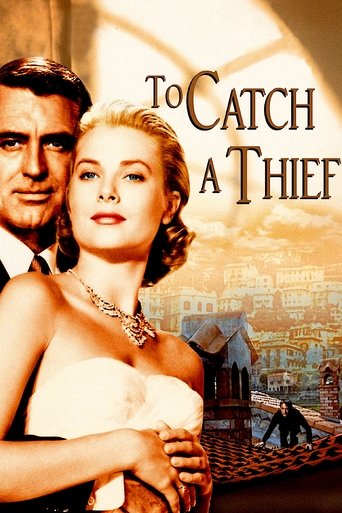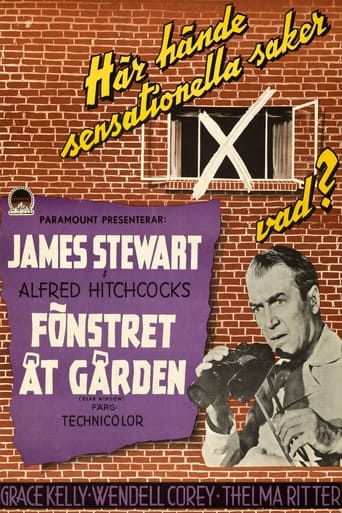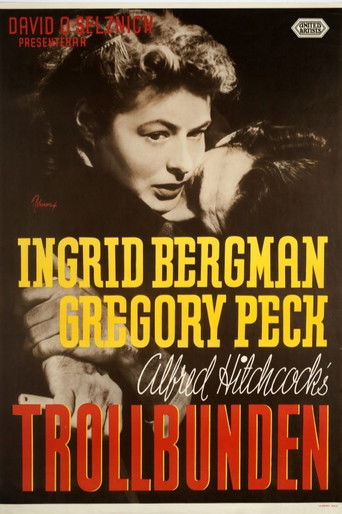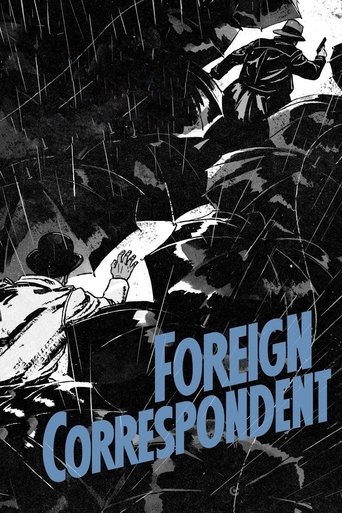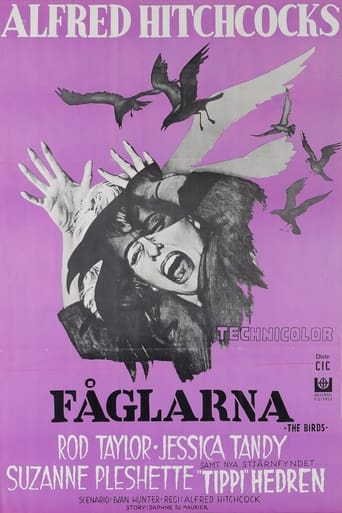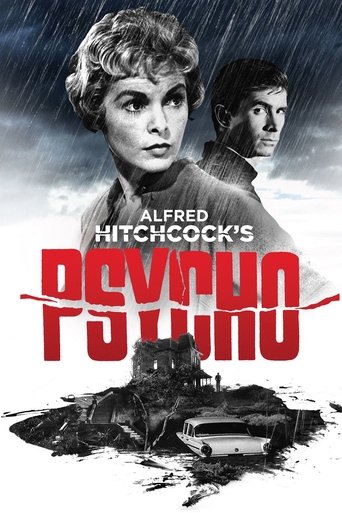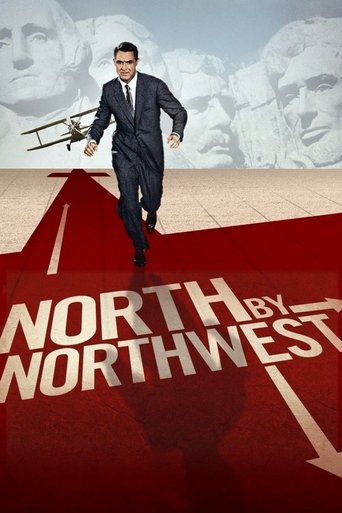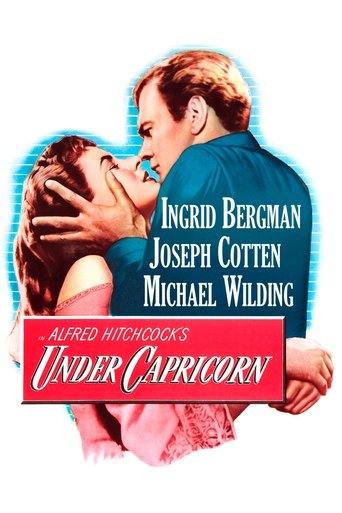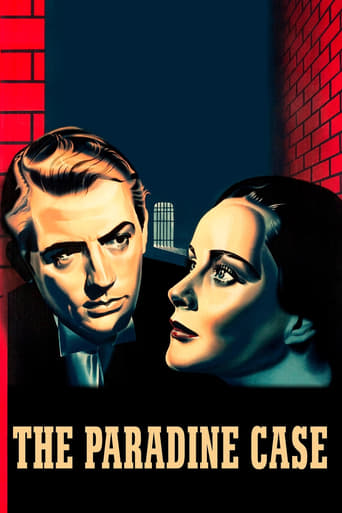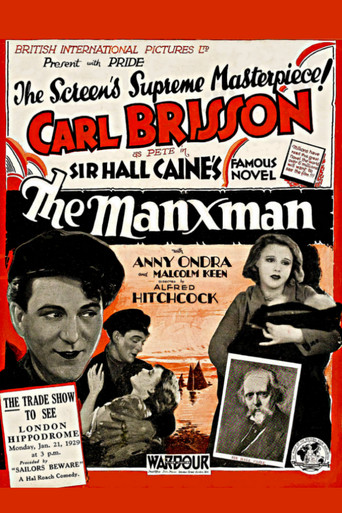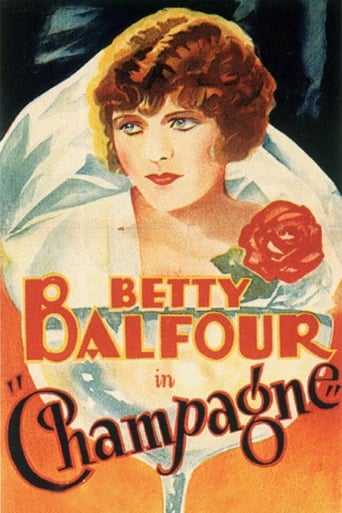Alfred Hitchcock, mest känd som regissör, född 1899-08-13 i Leytonstone, London, England, Storbritannien, dog 1980-04-29 (blev 80 år).
Vi listar 17 filmer och tv-serier som han har medverkat/deltagit i - se via streaming och play.
Skådespelare
| År | Titel | Roll |
|---|---|---|
| 2020 | I am Alfred Hitchcock | Sig själv |
| 2016 | Jag är Ingrid | Sig själv (arkivmaterial) |
| 1964 | Marnie | Man Leaving Hotel Room (okrediterad) |
| 1958 | Vertigo | Man Walking Past Elster's Office (okrediterad) |
| 1956 | The Man Who Knew Too Much | Man in Morocco Marketplace (okrediterad) |
| 1955 | Ta fast tjuven | Man Sitting Next to John Robie on Bus |
| 1954 | Rear Window | Clock-Winder in Songwriter's Apartment (okrediterad) |
| 1945 | Trollbunden | Man Leaving Elevator (okrediterad) |
| 1940 | Utrikeskorrespondenten | Man with Newspaper on Street (okrediterad) |
Regissör
| År | Titel |
|---|---|
| 1964 | Marnie |
| 1963 | The Birds |
| 1960 | Psycho |
| 1959 | I sista minuten |
| 1958 | Vertigo |
| 1956 | The Man Who Knew Too Much |
| 1955 | Ta fast tjuven |
| 1954 | Rear Window |
| 1949 | Under Capricorn |
| 1947 | En kvinnas hemlighet |
| 1945 | Trollbunden |
| 1940 | Utrikeskorrespondenten |
| 1932 | Rich and Strange |
| 1929 | Manxmannen |
| 1928 | Champagne |
Titlar
Bio
Sir Alfred Joseph Hitchcock, KBE (August 13, 1899 – April 29, 1980), was an English director and producer. Labeled as the "Master of Suspense", he became known for thrillers, often combined with a dark sense of humor. After a successful career in his native country, Hitchcock moved to Hollywood in 1939. Over a career spanning more than half a century, Hitchcock fashioned for himself a distinctive and recognizable directorial style. He pioneered the use of a camera made to move in a way that mimics a person's gaze, forcing viewers to engage in a form of voyeurism. He framed shots to maximize anxiety, fear, or empathy, and used innovative film editing. His stories frequently feature fugitives on the run from the law alongside icy blonde female characters. Many of Hitchcock's films have twist endings and thrilling plots featuring depictions of violence, murder, and crime, although many of the mysteries function as decoys —or MacGuffins— meant only to serve thematic elements in the film and the extremely complex psychological examinations of the characters. Hitchcock's films also borrow many themes from psychoanalysis and feature strong sexual undertones. Through his cameo appearances in his own films, interviews, film trailers, and the television program Alfred Hitchcock Presents (1955-1965), he became a cultural icon. Hitchcock is widely regarded as one of the most influential figures in the history of cinema. In 2002, Hitchcock was ranked 2nd behind Orson Welles in the critics' top ten poll in the list of The Greatest Directors of All Time compiled by the Sight & Sound magazine. Andrew Sarris in his influential book of film criticism The American Cinema: Directors and Directions 1929–1968 included him in the "pantheon" of the 14 greatest film directors who had worked in the United States. Hitchcock's critically most acclaimed film is the psychological thriller film Vertigo (1958). Although being a mild failure upon its release, it has risen in popularity over the decades. In 2012 it even replaced Orson Welles' ...
